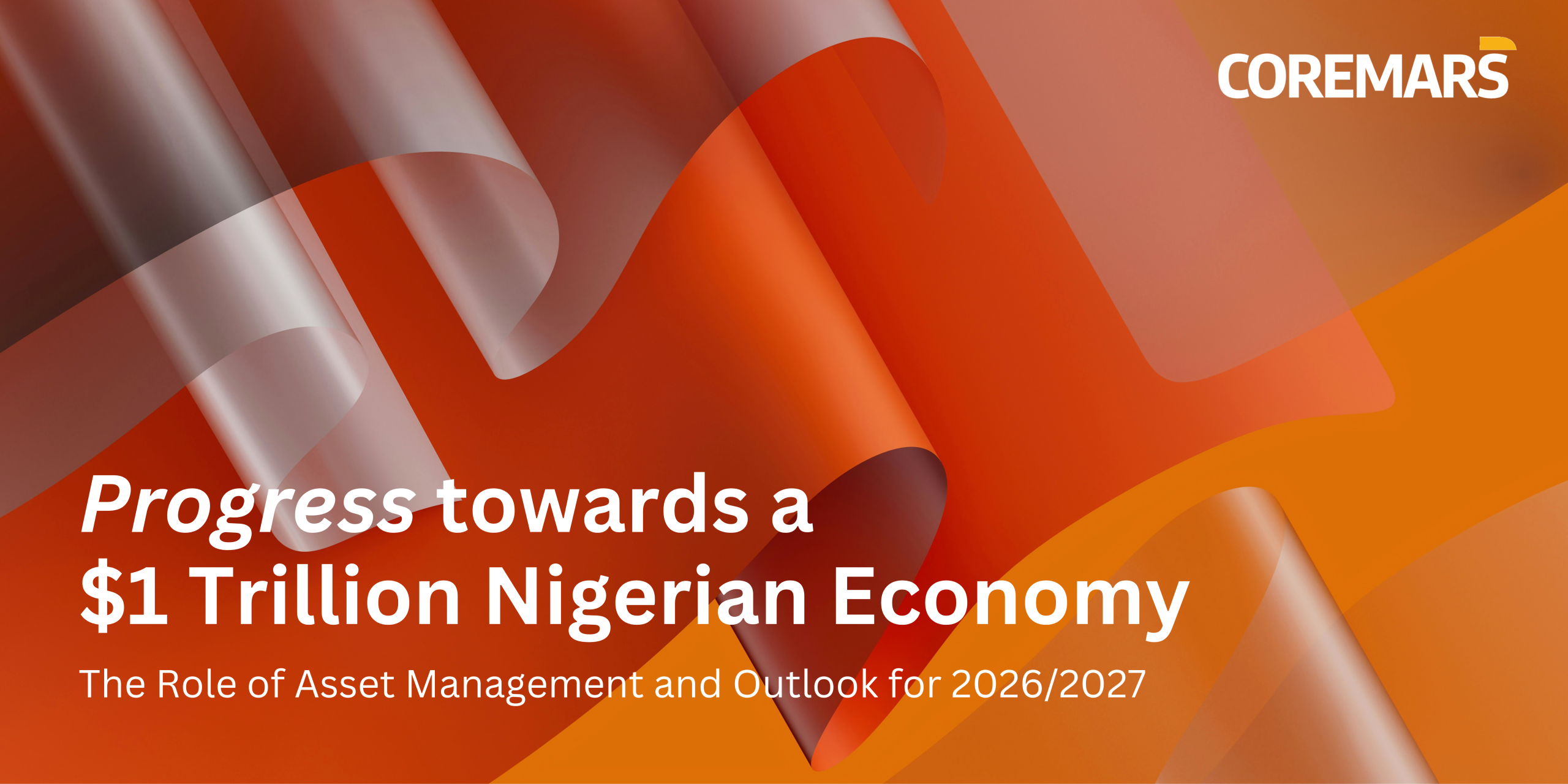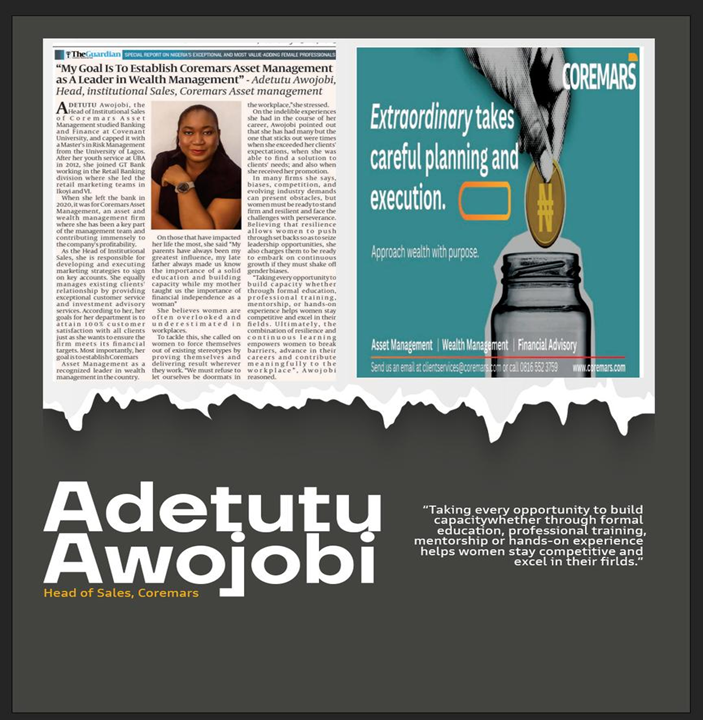Whispers in the Wind
In the early days of 2020, Nigeria stood at a familiar crossroads. Oil prices were fluctuating, inflation was creeping up, and the Naira long a symbol of the country’s economic pride was beginning to show signs of strain. On the streets of Nigeria’s commercial cities; Lagos and Abuja, whispers began to grow louder: “What is the true value of the Naira?”
To the ordinary Nigerian, it was about the rising price of bread, fuel, and school fees. But beneath the surface, in boardrooms and trading desks, a storm was brewing. The global economy had just been rattled by the pandemic, and emerging markets were struggling to keep foreign investors interested.
The Naira began to lose its grip; at the official window, it was ₦360 to the dollar but on the black market? Much worse – A galloping note. By the end of that year, the Central Bank had quietly let the currency slide, and the Naira began a journey it had taken many times before, one marked by devaluation, uncertainty, and fragile confidence.
As the years went on, the pressure didn’t let up. From 2020 to 2025, the Naira’s story was one of near-constant devaluation. Policymakers introduced reforms some half-hearted, others bold to unify the exchange rate system and encourage foreign inflows. But inflation refused to yield, galloping through double digits, burning holes in consumer pockets, and eroding the real value of the Naira.
By 2023, the Naira had fallen past ₦650 to the dollar and worse was yet to come. For foreign investors, Nigeria had become a paradox: incredibly high yields on fixed income, with some government bonds paying up to 25–30%, but a currency that could wipe out those gains overnight. Currency exposure had become the number one conversation in every investment committee meeting.
Still, some investors stayed or came back. Why? Because Nigeria’s markets, especially its fixed income instruments, were rich in opportunity. The government, facing ballooning deficits, issued more debt domestically, Treasury bills, FGN bonds and other Special OMO instruments. All offering yields that would make Wall Street envious if only they could count on being able to convert profits into dollars.
Inflation in Nigeria has persistently been in double digits, often very high. For instance, headline inflation peaked in 2024 (around 30‑34% – Food inflation) and only started showing signs of disinflation in late 2025. The erosion of real returns has been a significant risk for holders of naira assets.
Dancing with Foreign Money
Foreign Portfolio Investors (FPIs) watched closely. Some dipped in, others bailed out. For every reform like unifying the FX windows or clearing dollar backlogs capital would flow back in. In 2024, a wave of foreign money, chasing yields, pushed reserves up by over $7 billion. The markets surged and the naira stabilized for a while.
But FPIs are like ocean tides: they come and go. When the U.S. raised rates or China sneezed, Nigeria felt the chill. FPIs would pull out as quickly as they came in and the Naira would tumble again.
Meanwhile, Foreign Direct Investment (FDI) the kind of money that builds factories, not just buys bonds remained cautious. The FDI investors were watching, too, but their concerns ran deeper: security, infrastructure, bureaucracy. They weren’t looking for only yield; they were also looking for stability.
The real success was in creating a system where both FPIs and FDIs could feel safe. A few reforms showed promise, but the work was far from done.
In the Eye of the Storm
In this volatile environment, independent asset managers decided not to run from the storm but to build a ship that could survive it.
They knew that simply chasing yield wasn’t enough. Currency volatility could turn a 25% return into a 10% loss overnight. So, they got creative.
At Coremars Asset Management, we began layering currency hedging strategies using forward contracts and swaps when available to protect against Naira devaluation. Matched assets and liabilities, ensuring they weren’t exposed to dollar liabilities with Naira revenues. performed stress tests, modelled worst-case scenarios, and adjusted portfolios dynamically.
More importantly, we diversified, across industries, across asset classes and across durations. Short duration debt when volatility spiked and always keeping one eye on policy signals from the Central Bank and the Federal Government of Nigeria.
The derivatives market in Nigeria like much of West Africa was shallow. While hedging was expensive, reliable counterparties were few and regulations could change in a blink.
The Cost of Protection
Currency hedging, for all its benefits, came with trade-offs.
the pros were clear:
- Protection from sharp devaluation.
- Smoother, more predictable returns for their clients.
- Greater ability to commit to long-term investments.
But the cons were never far behind:
- High costs of hedging instruments.
- A limited market for long-dated derivatives.
- The possibility that the Naira might strengthen and the hedge would cap the upside.
In West Africa more broadly, similar dynamics played out: countries like Ghana, Côte d’Ivoire, and Senegal had more developed currency risk tools, but Nigeria due to its size and complexity remained a unique challenge.
By late 2025, the signs of recovery were emerging.
Inflation, after years of double-digit destruction, began to cool. For the first time in years, the Central Bank of Nigeria cuts interest rates. Foreign investors took note. Equity markets started to reflect optimism, fixed income yields, though still high, began to moderate.
The Naira remained fragile, but no longer chaotic. Some stability had returned, and with it, a window of opportunity for investors, for businesses, and for ordinary Nigerians.
Outlook
Putting all this together:
- FPIs have been useful in bolstering reserves and offering liquidity, but their volatility and short‑term nature means that dependence can be risky; FDIs remain important but under‑penetrated given structural challenges.
- For asset managers, risk management is essential: currency risk, inflation risk, policy risk need mitigation through hedging, diversification, scenario planning.
- Currency hedging has definite benefits but also costs and limitations. The trade‑offs must be well understood.
Going forward, key variables to watch:
- Oil prices and production levels (since oil exports are a major FX source for Nigeria).
- The pace of inflation and whether disinflation continues (which would reduce pressure on yields and make long‑dated fixed income more attractive).
- FX policy reforms whether there are more liberalisation, transparency, and reliable channels to convert/repatriate currency.
- Global interest rate environment: if rates elsewhere rise, Nigeria may need to maintain high rates to retain capital, which can slow domestic growth.
Beyond the Surface
Managing a currency like the Naira is more than a matter of charts, rates, and reports. It is a battle of confidence, perception, and policy. Beneath the numbers lie the hopes of millions, the risks of billions, and the decisions of a few in government, in boardrooms, and at trading desks/rooms.
There is more to the Naira than meets the eye.
And for those who dare to understand it, manage it, and navigate it, there are rewards, yes.
But only for those who respect the risk.
Important information
This document is intended for retail and institutional investors and/or private clients. You should not act or rely on this document but should contact your professional adviser.
This report has been issued by Coremars Asset Management Limited, registered with the Securities and Exchange Commission – SEC as an approved Fund and Portfolio manager.
2025 Coremars Asset Management Limited – all rights reserved. This document can only be distributed or reproduced with permission from Coremars Asset Management Limited.
Please contact clientservices@coremars.com










